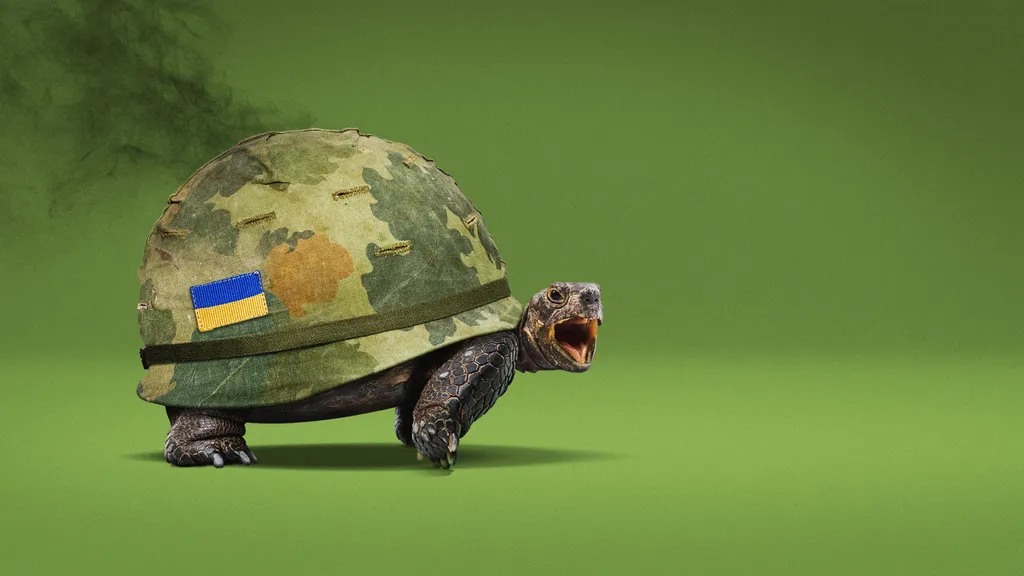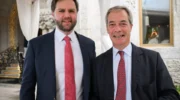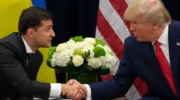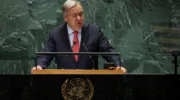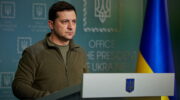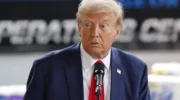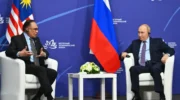Public spats between President Zelenskyy and his military chief have contributed to declining morale within Ukraine.
Ukraine’s stuttering counteroffensive in its war against Russia could be causing splits between its political and military leadership.
Ukraine’s president, Volodymyr Zelenskyy, has denied the war has tipped into a stalemate, as claimed by his military commander-in-chief Valery Zaluzhny.
The relationship between the two is “understood to be terrible”, said The Economist, and Zelenskyy has publicly rebuked his general for statements he made in an interview in which he said the war had “reached the level of technology that puts us into a stalemate” and that there would be “no deep and beautiful breakthrough” until an innovative technological advance had been made.
Senior officials have denied any rift between the president and his military chief, but the seemingly continued lack of progress in breaking through Russian lines has seen a “gloomier mood” set in across Ukraine, while a “string of corruption cases” has added to the “declining trust” in the Zelenskyy government, said Reuters.
What did the papers say?
The “sluggish progress” in the fight against Russia has led to the “first public signs of friction” between Zelenskyy and the military, said Politico. It comes at a particularly pertinent time for the president, who has “scrambled to preserve support among Western allies” with fears that “war fatigue” may be setting in.
But despite the public frustrations, some have quickly pointed the finger at Russia for exaggerating the political tension in Kyiv. The speaker of Ukraine’s parliament, Ruslan Stefanchuk, said the rumours of a division between the government and military were sowed by “Russian channels”, labelling them “Russian propaganda”.
Even if there is credence to that view, Russia has only been able to create discord by being handed “material to play with”, said The Economist. A senior government source from Ukraine told the publication that there are some politicians within Ukraine who think they can “challenge for power” and there will be “no consequence”. But “only Russia stands to gain” if Zelenskyy was to be challenged and forced out.
For the wider public, there is little appetite for a change in government, despite Zelenskyy’s drop in popularity ratings since the war’s progress ground to a halt. The idea of a general election, which was originally scheduled for 2024, is “deeply unpopular” in Ukraine, said the BBC. MPs from across the political spectrum “claim that it’s wrong” to hold elections at a time of war and when much of the country’s infrastructure is destroyed and its population displaced.
There was “speculation”, the BBC added, that Zelenskyy planned to call an election “while his poll ratings were still high” to ensure he maintained power. His “ambiguous statements” on the issue had “sparked a domestic backlash”, but in early November he quashed speculation by ruling out an election in the foreseeable future.
The reports of tensions between the military and the government have done little to stem the decline of public morale, and trust in the government has “tumbled”, said Reuters. There is a “growing level of exhaustion among Ukrainian troops” and their families at home, and those in charge are facing “difficult choices” in trying to “maintain the flow of recruits”.
Zaluzhny warned that without being able to “build up the army’s reserves”, Ukraine risks “settling into a stalemate of attritional warfare” that would “suit Russia”, added Reuters.
What next?
For Zelenskyy, shoring up support from Western allies for the long term remains the priority if he is to keep both the military leaders and the public onside. He is hampered by the growing “talk of war fatigue”, which is “gaining momentum in Western capitals and the media”, said Foreign Policy.
Both Zelenskyy and Zaluzhny have called for quicker, increased military aid from the West, which now stands “at a crossroads”. So far, Ukraine has been equipped for “survival” but not to achieve a “decisive victory”. However, a continuation of supplies as they have been or a push for negotiations “raises the chances of defeat”, the site added.
Achieving this support would certainly help maintain the consensus between politicians in Kyiv that they cannot “afford to plunge back into peace-time political bickering” while still at war, said the BBC. But if progress on the frontline continues to falter and the longer the war goes on, “the fear of losing national unity grows stronger”.

